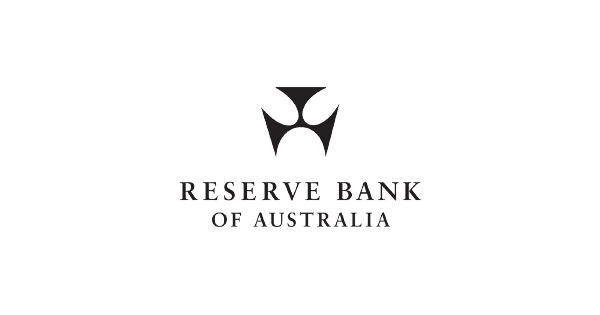The pitfalls of yield curve control
Reserve Bank of Australia, 2022
In March 2020, the Reserve Bank Board introduced a target for the yield on the three-year Australian Government bond which was discontinued in November 2021. This review examines the experience with the yield target and draws lessons from this experience.
Comment from our editors:
Yield curve control (YCC), i.e. the unlimited buying of government bonds of varying tenors by a country's central bank in order to put a lid on bond yields across the yield curve has been a contentious concept from its inception. Only a few central banks globally have tried to implement their monetary policy via this instrument, and in this unusually self-critical assessment of its own adoption of the measure, the Reserve Bank of Australia demonstrates why:
More often than not, YCC ends up in bond investors challenging the central bank's yield limit once the macroeconomic backdrop and/or debt dynamics of the country at hand have changed beyond a point where that limit seems sustainable. When in due course the central bank has to give in, bond yields jack up violently, creating dislocations in the critical market for government securities while damaging the all-important credibility of the central bank essential to its influencing investors' expectations about rates and inflation. In the end, YCC seems to be a powerful short-term tool that, however, creates long-term problems of its own. Today, the Bank of Japan is the last of the big central banks to use the instrument - and might come to make the same experience lamented by Australia's rate setters here.
Go to: The pitfalls of yield curve control

